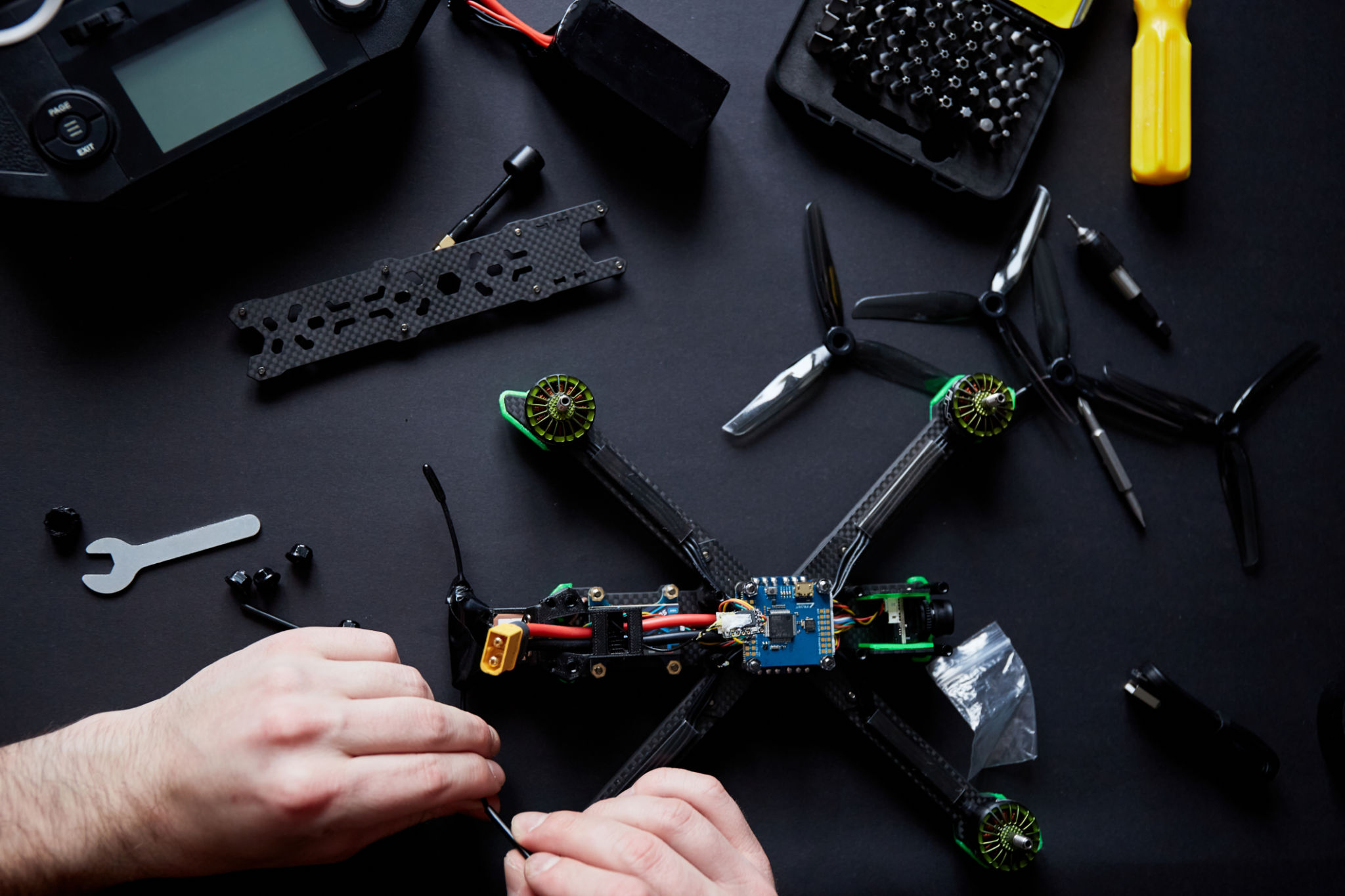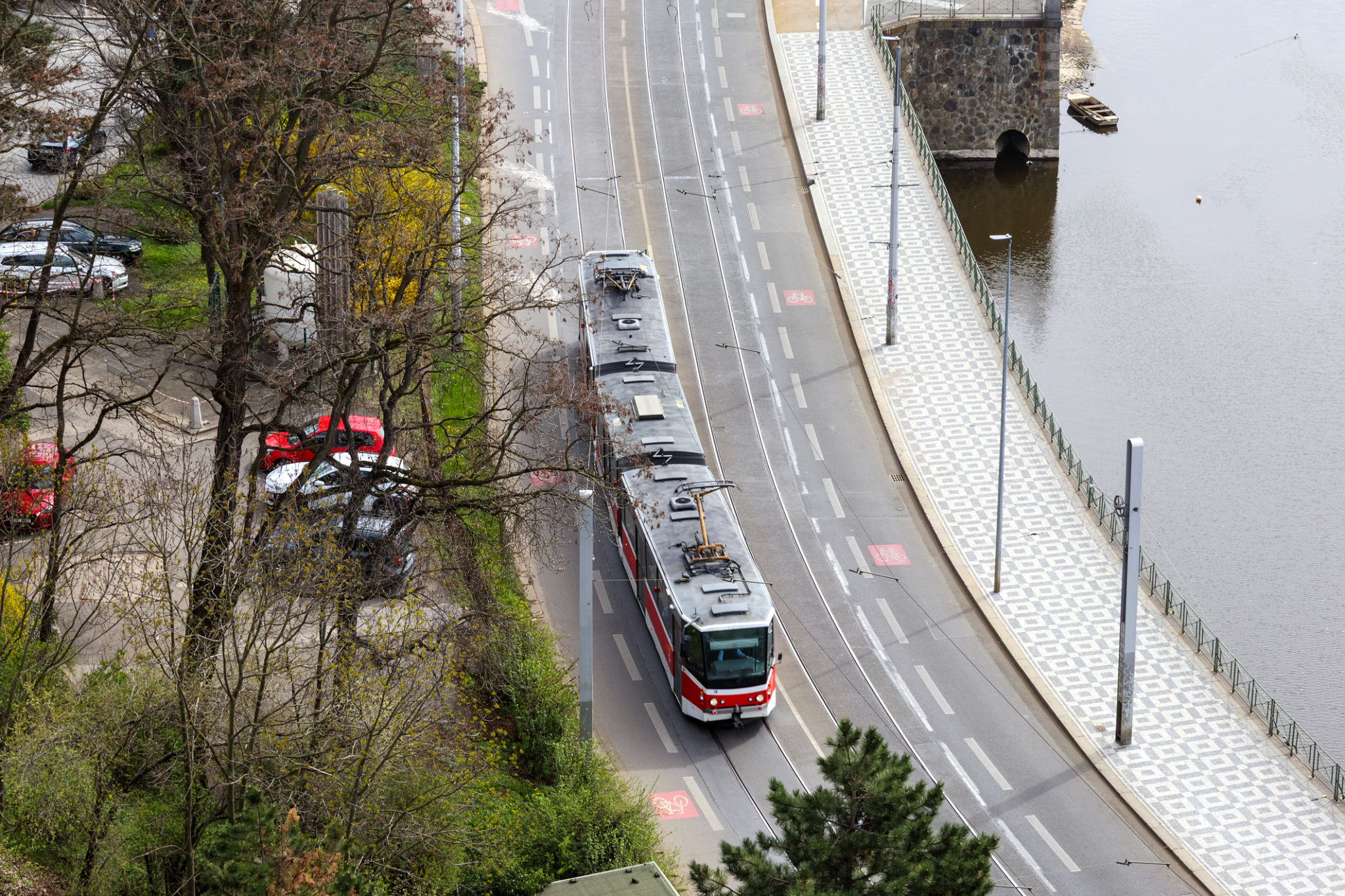Understanding Regulatory Requirements for FPV Drones in the UAE
Introduction to FPV Drones in the UAE
First Person View (FPV) drones have surged in popularity due to their immersive experience, enabling pilots to feel as though they are flying through the skies. With this increase in interest, understanding the regulatory requirements for operating FPV drones in the United Arab Emirates (UAE) becomes crucial for enthusiasts and professionals alike.

Regulatory Authority and Framework
The General Civil Aviation Authority (GCAA) oversees the regulation of drones in the UAE. Their comprehensive framework ensures the safe and responsible use of drones, balancing innovation with public safety. Adhering to these regulations is mandatory for all drone operators.
Registration Process
Before operating an FPV drone in the UAE, pilots must register their drones with the GCAA. This process involves providing necessary details about the drone and the operator, ensuring accountability and traceability. Failure to register can lead to penalties and confiscation of equipment.
Operational Guidelines
Pilots must adhere to specific operational guidelines designed to minimize risks. These guidelines include maintaining visual line of sight, respecting no-fly zones, and adhering to altitude limits. These rules help prevent accidents and ensure that drones do not interfere with manned aircraft.

Restricted Areas
There are designated areas where flying FPV drones is prohibited or restricted. These include areas near airports, military bases, and sensitive infrastructure. Understanding these zones is essential to avoid legal repercussions and ensure public safety.
Licensing and Training Requirements
For commercial operators, obtaining a license is obligatory. This process involves passing theoretical exams and practical assessments. Even hobbyists are encouraged to undergo some form of training to enhance their skills and knowledge about safe flying practices.
Training Programs
Several institutions offer training programs that cover essential aspects of FPV drone operation, including navigation, maintenance, and emergency procedures. These programs equip pilots with the skills needed to operate safely and responsibly.

Insurance and Liability
Insuring your FPV drone is a vital step towards safeguarding against potential damages or accidents. While not always mandatory, having insurance can protect operators from significant financial liabilities in case of mishaps.
Types of Insurance
Operators can choose from various insurance options, including liability insurance, which covers third-party damages, and hull insurance, which covers the drone itself. Evaluating these options based on individual needs is recommended.
Conclusion
Navigating the regulatory landscape for FPV drones in the UAE requires diligence and responsibility. By understanding and adhering to these regulations, enthusiasts and professionals can enjoy their passion while contributing to a safe aerial environment. Staying informed about updates in legislation is crucial as the drone industry continues to evolve.
